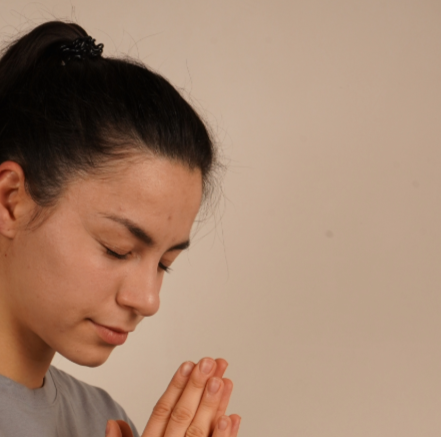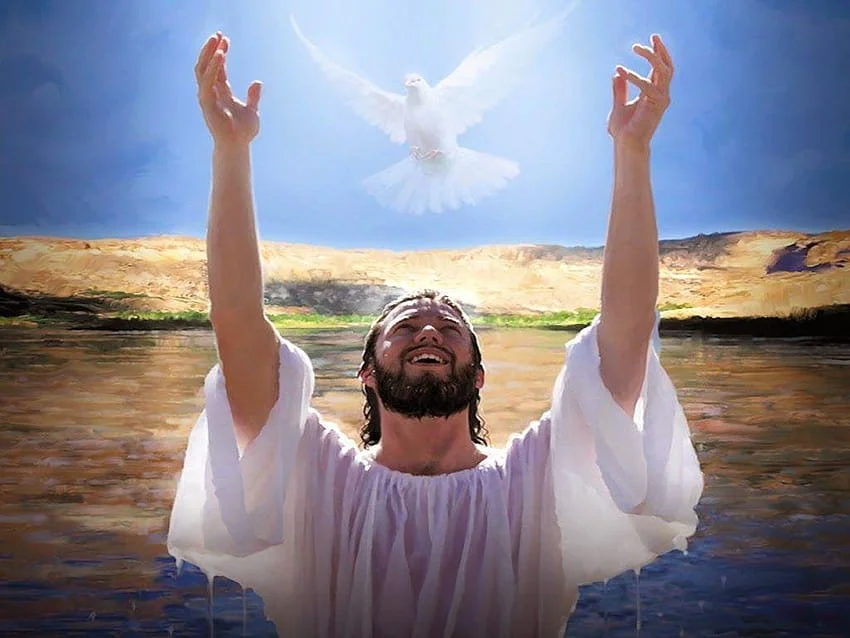Leadership Is Service: Isaiah 50: 4-7; John 13: 1-17
We continue, this week, our Epiphany series on Christian leadership and how that looks in today’s society. In many instances these days we find ourselves in leadership positions unexpectedly, or even when we’d rather not stand out front. Last week we looked at calling and commitment. This week we look at the ways in which leadership is about service. When I visited one of the European art museums in college, I was captivated by the enormous paintings of kings and queens dressed in royal robes, perched triumphantly on a horse or standing triumphantly in a backdrop of victory or power. The strength, the triumph, the sheer look of importance was awe-inspiring and made one feel so small compared to these historic leaders.
But then I saw another portrait. Jesus, the Savior of All, not posed in triumph or glory, but humbly washing the dirt off of his disciples’ feet. The guide note for the painting referred to it as “the Servant Leader in action.” The Lord and Savior, the King of All Glory, was here as the Servant Leader washing dusty feet of his rough and tumble disciples. It’s an odd scene to picture, isn’t it? We’ve come to accept this narrative from John, but do we really stop to think how truly odd the idea is of the Son of God kneeling down and washing feet?
It appears to be an example many of us and our leaders have forgotten—that in order to be a leader you must be a humble servant. We need only to look at the frightening events of this week to see this. We witnessed the first mob breach of the capitol since the War of 1812 excluding minor incidents. This summer we witnessed violence and anger as well, and no one in high places had a clue what to say or what to do. When people are angry, fearful, worried, or suffering, they turn to their leaders for help, and what do we do when there are no answers to be found from those tasked with answering?
Peter, a great leader in the church, didn’t understand what was going on either. He protested to Jesus that he would never wash Peter’s feet. Peter was shocked by the very idea that Jesus would do the work normally reserved for the lower servant in the house. But Jesus reminded him, “Unless I wash you, you won’t belong to me.” Peter then wants to be washed everywhere, but Jesus teaches him a lesson. We must target the places where the sin or dirt has gathered and make sure we have washed them clean. Jesus didn’t need to fix all of Peter—he only targeted where the dirt and dust had gathered from the journey. Target where the dirt has gathered.
Being servant leaders means we address gently and openly those things that keep us from our relationship with Christ. It is painful and uncomfortable to bring up sins, wounds, and problems deep within that have weighed on us for years. It is uncomfortable to lead by this example of being the wounded healer, but Jesus didn’t leave the dust alone to settle. He gently addressed the old habits and wounds of the woman at the well, reminding her of her past and providing her a way to drink the living water. Jesus didn’t let the dust settle on Peter or the disciples’ feet. He washed their feet then told them to do the same, not prophesy and preach, not to be powerful and mighty, but to wash feet.
In many ways, Jesus turned things upside down. He told the disciples that he had given them the example to follow, then he identified himself as the servant and messenger and said this: “Do as I have done…I tell you the truth, the [servants] are not greater than their master, [n]or is the messenger more important than the one who sends the message.” The last shall be first, and the first shall be last. Blessed are the poor (in Luke) and the poor in spirit (in Matthew). Care for the least of these, my brethren. To be baptized in the waters of servanthood is so very different than those awash power who we continue to worship.
Perhaps the biggest lesson Jesus is teaching here is that if you live in pride, the gospel will never make sense; however, if you seek the heart of the humble servant, you will actually live the gospel good news. I’m reminded of the words from Micah 6:8 which asks what the Lord requires of us. The answer is to do justice, to love mercy, and to walk humbly. Grace abides in the idea of humility, repentance, and love. Justice lives in the idea of mercy, forgiveness, and that the even the Son of God took on the role of a humble servant. There’s an old saying with a few variations which goes like this, “If serving is beneath you, then leadership is beyond you.”
In a world where we continue day after day to feel tension, to see the shadow of a conflict, and even to see what many call “open revolt,” we can begin, or even continue, to feel ground down, weary, and like the suffering has become overwhelming. But I still believe in the God who says to us, “Morning by morning new mercies I see…strength for today and bright hope for tomorrow!” Our problems may not be solved in an instant or with the wave of a magic wand, but they are in the hands of the God who created all and is still the Savior of All.
Of all the ghastly images we saw this week of our capitol damaged and destroyed, one image stood out to me the most, but in a good way. Rep. Andy Kim of New Jersey was photographed, unbeknownst to him and late after business had ended. He was on his knees with a trash bag, still in his suit, cleaning up the debris that was left. When asked about it, all he really said was that he loves the capitol, is honored to served, and added, “What else could I do?” The leaders still willing to kneel down and pick up trash, still willing to wash the feet in the same way the lower servants would remind us that there is still strength for today and hope for tomorrow.
When Jesus’s final test of servant leadership came, he rose to the occasion. Isaiah often gives us prophetic words about the suffering of the Messiah. Here in Isaiah 50, the writer says, “I offered my back to those who beat me…I did not hide my face from mockery.” It’s a reminder that Jesus’s call to be a servant leader took him from washing the disciples’ feet, to the suffering of the cross, and only eventually unto glory.
To be Christian leaders, we must follow the example of Christ. But, be prepared, for Christ did not walk the pathway of ease or comfort. Christ knelt down and washed the feet of his disciples—fishermen, a tax collector, and even his own betrayer. He showed them that the heart of pride must be targeted and changed into a heart that embraces justice, mercy, and in each of those, humility. Yet you’re not called to a miserable task or to something that is gross, unbearable, or ugly, for even as Jesus tells us to be the servant, Jesus reminds us that the last shall be first in God’s kingdom. As Jesus said, “Do as I have done.” So now, may we be ready for the work.
Service Video: https://www.facebook.com/fccmacon/videos/743354386596844





